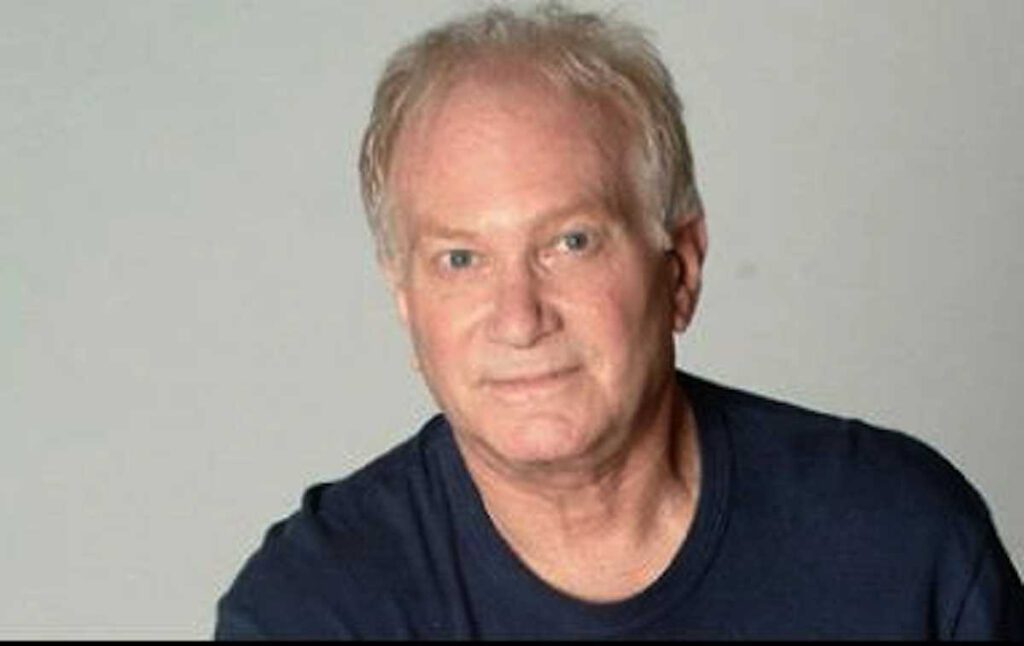There are two copies of Syd Field’s screenwriting book in my house. One is mine and the other belongs to Rosie, my wife. Both books are equally dog-eared and marked up with highlighters and passages underlined in the ink from cheap ballpoint pens. The spines of these trade paperbacks are beyond cracked from being wedged open next to laptops running Final Draft, the screenwriting software that Field probably did more to sell than anyone who actually worked for the company that made it.
Without looking at the bookshelf, I can’t tell you what Syd Field’s book on screenwriting is actually called, and that’s not a slight against the man who just passed away from hemolytic anemia on Sunday. When you talk about Syd Field’s screenwriting book, you just call it “Syd Field,” merging the man and his instructional work into one entity in the minds of so many aspiring screenwriters. According to “The Hollywood Reporter,” Field wrote “eight bestselling books on screenwriting.” I actually think that Rosie and I actually own two different screenwriting books by Field, but we call them both “Syd Field” just the same.

But Syd Field is more just a man, or a book, or eight bestselling books. Syd Field is the Hollywood dream of writing that screenplay, selling it and then being rocketed into a life of talking deals over pan-seared scallops at Musso and Frank’s. It’s a dream that anyone who has ever watched a movie has had at one time or another, but Field found a way to sell it to us anyway ever since the first edition of “Screenplay: The Foundations of
Screenwriting” first hit the shelves in 1979. And he did this by making a crazy dream made of blue-screened gossamer seem some somehow attainable through pages of sober yet engaging instructions on how to hone our collective chase scenes, doomed romances and lovable losers into three acts with clearly defined pivot points that propel character and story development.
Rosie burned through Syd Field when she was working on her zombies on a cruise ship screenplay. The script was accepted by Joe Bob Briggs’ production company back when he had a little bit of financing to produce some straight-to-streaming grindhouse shockers with his name on them. I put Field to use when I co-wrote a pothead comedy script where really powerful weed makes a man fall asleep for years, only to wake up and find his low-rent neighborhood has been completely gentrified. A comedian who’d been on Comedy Central a few times actually read the thing. I could almost taste those scallops before weeks of unanswered emails brought me back to the reality of lonely lunches eaten in the cubicle at my day job.
Now we could’ve (or maybe should’ve) been bitter and disappointed from dreams that evaporated from the indifference of busier people, but “Syd Field”—the book, the man, the fantasy—allowed us to get so much closer to living the dream than we would’ve gotten without him. He gave us both the rush that comes from returned emails from interested parties that were known if not quite famous. According to “The Hollywood Reporter,” Judd Apatow, Tina Fey and Frank Darabont all cite Field as an influence, and they all made it, whatever “it” is. Thinking about their success more than my failure will have me cracking open one of those copies of “Syd Field” all over again, and scratching out another screenplay in his perpetual three-act lotto.











